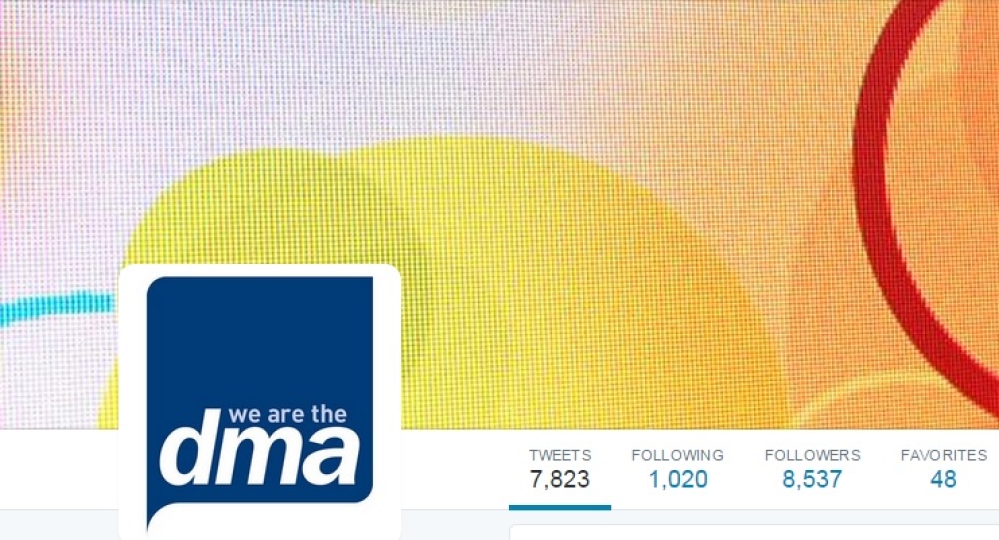The social media opportunity
25 Feb 2015

Brands like to talk. They can learn from their customers but it wasn’t always like this. In the past brands might say they like to talk, but they really couldn’t easily.
Social media, email and modern call centres allow brands to form meaningful relationships with their customers. Social media may actually help brands if they get their conversations right, according to new research from the Future Foundation.
The research shows that consumers may be frustrated by brands talking to them. In fact, marketers that get this relationship wrong could be actively damaging their brand.
Their report, Bringing complaints in from the cold: exploring the role of complaints for the future of one-to-one marketing, of the two-thirds of people who received unwanted one-to-one messages over the last year, just 16% made a complaint about it.
This disparity is large because consumers don’t often know what action to take, and don’t have much confidence that their action will make a difference.
But according to the Future Foundation research, brands could help themselves by paying more attention to their customers. Nick Chiarelli, director of Future Foundation and report author, said: “One-to-one marketing is highly effective at reaching consumers - sometimes too effective.
“As the research shows many people have made complaints about unwanted one-to-one marketing contact, but have not been satisfied with the outcome. Many others have been deterred from doing so either because they don’t think it would make a difference or they don’t know who to complain to.”
As George Kidd, chairman of the Direct Marketing Council says, marketers are throwing money down the drain if they are alienating their customers. “It has been painfully obvious through the PPI personal injury debacle that there are firms in this and perhaps every sector who have no long-term ambitions, little or no brand to promote or protect and whose “business model” is anchored in reckless prospecting or marketing designed to confuse or mislead,” he says.
Social media, the same channel many now use to complain, may also offer a solution.
Chiarelli says there is a social media opportunity, and marketers need to be made aware of this.
“Brands have long understood the power of good complaints handling to build better relationships with their customers,” he says. “People are now sharing their positive experiences with their social networks. To build greater consumer trust brands should encourage consumers to complain. This will certainly be of mutual benefit to brands and to consumers.”
More than three quarters, 76%, of people that complained told others, more than half (54%) doing so online. But those that were happy with the outcome to their situation were more likely to share their experience via social networks. Of the satisfied complainants, 30% of posted online versus 23% of dissatisfied complainants.
Chris Combemale, executive director of the DMA, agrees. “Consumer complaints should be a welcome way for brands to understand where they have failed to meet the expectations of their customers. Doing so will ensure that one-to-one marketing is an exchange of value between businesses looking to prosper and customers looking to benefit.”

Please login to comment.
Comments